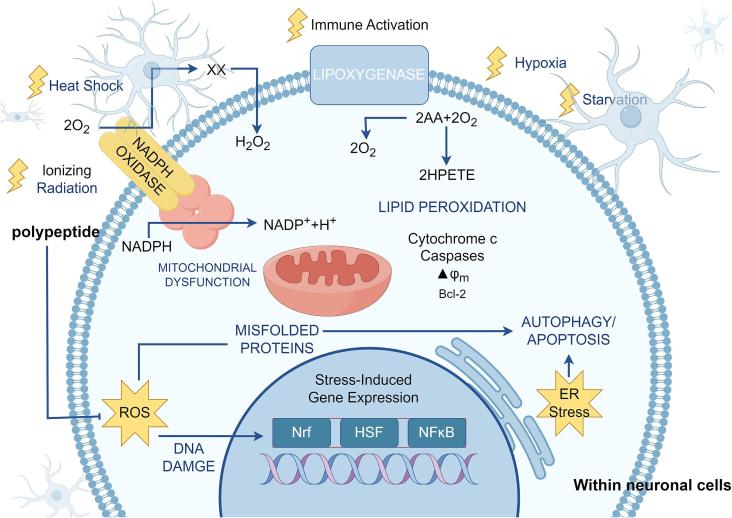This study shows that the Cognitive Stimulation Therapy program can significantly improve general cognition, communication, and reduce depression in people living with dementia, regardless of the underlying pathology. However, the effects vary by dementia subtype, with some gains maintained long-term in vascular dementia (VaD) but not in Alzheimer, especially regarding narrative abilities and depressive symptoms, highlighting the importance of personalized approaches.

Review on the study of active peptides in AD and PD, deals with role of inflamation, synaptic plasticity, and other learning, memory and cognitive functions related to AD
Elsevier,
Rosenberg's Molecular and Genetic Basis of Neurological and Psychiatric Disease, Volume 1, Seventh Edition, 2025, pp 99-113
This content aligns with Goal 3: Good Health and Wellbeing and Goal 9: Industry, Innovation, and Infrastructure by discussing the role of genetic variants found to affect cholinergic and noncholinergic neurotransmission.
This review investigates the connection between Type 2 Diabetes Mellitus and Alzheimer's disease, focusing on common mechanisms and the potential of traditional Indian herbs to manage both conditions. It also addresses the challenges and innovative strategies in delivering herbal formulations.
This study found that female 5XFAD mice exhibit early impairments in prefrontal-dependent cognitive functions and increased activity of prefrontal PV neurons, unlike their male counterparts. These findings suggest a potential mechanism for the higher risk of Alzheimer's disease in women, highlighting sex-specific early deregulation in the prefrontal cortex.
Intake of unhealthy and unsustainable food groups increased over the last decades in Thailand which correlate with environmental impacts and NCD cases in Thailand.
This perspective provides recommendations and strategies for the urban ecosystem rehabilitation of future cities, placing biodiversity and ecosystem services at the core of designing healthy and sustainable urban spaces.
Addressing the environmental impacts of lithium mining requires a multifaceted approach, from innovative recycling technologies to reducing reliance on lithium, funding research into mining alternatives, and stringent regulations on lithium mining.
Elsevier,
International Review of Research in Developmental Disabilities, Volume 66, 2024, Pages 1-31
This article aligns with Goal 3: Good Health and Goal 10: Reduced Inequalities by highlighting the importance of postsecondary education (PSE) for adults with intellectual and developmental disabilities, which can enhance their educational and vocational opportunities, leading to improved health and well-being. By examining the benefits of PSE options and the supportive legislative frameworks, the article advocates for equitable access to education, helping to reduce disparities and promote inclusivity in higher education and beyond. Additionally, it emphasizes the positive impact of college experiences on personal development and community integration for individuals with disabilities.

